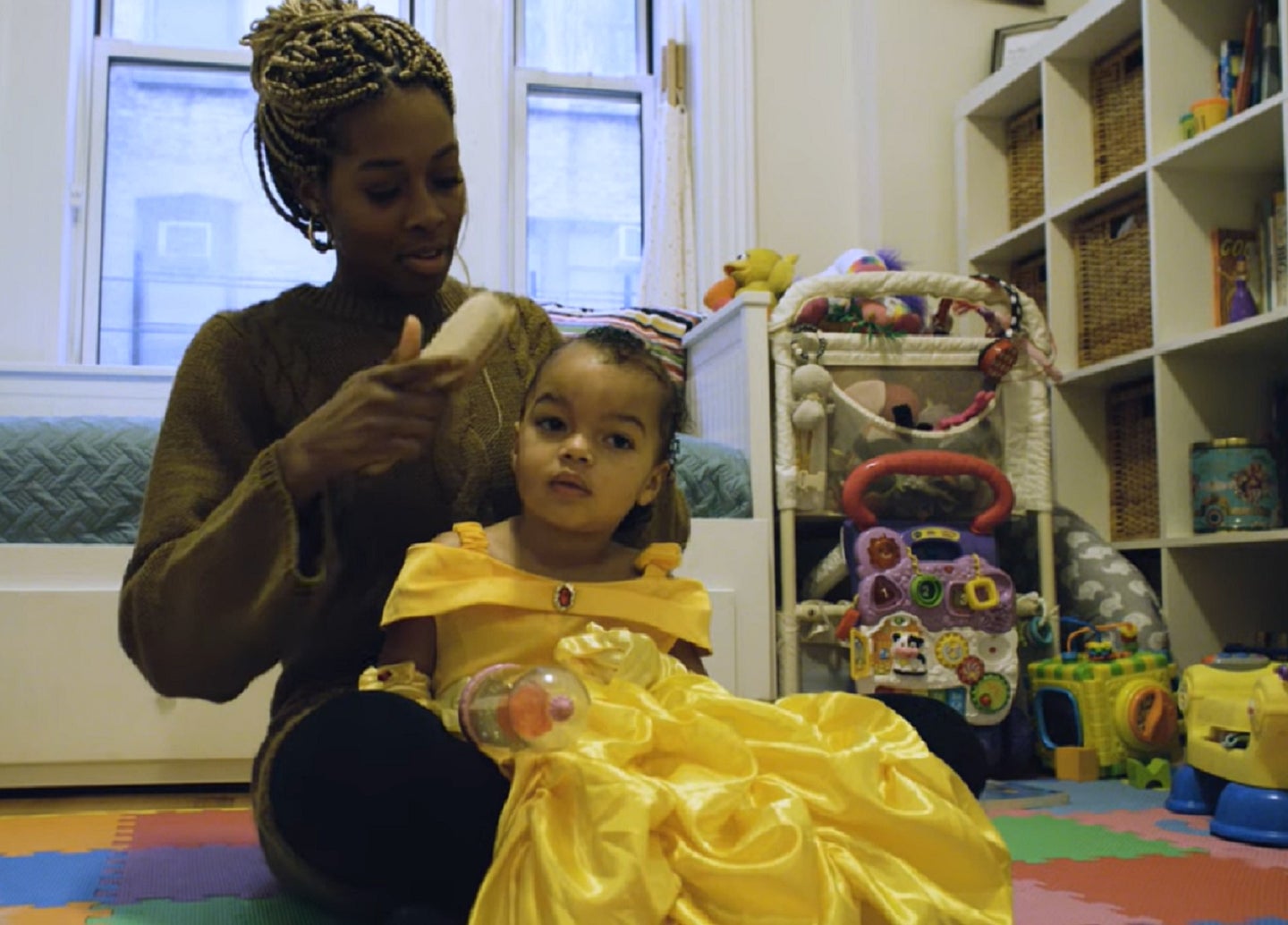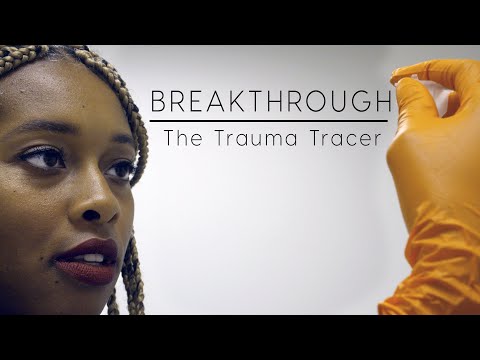This neurobiologist wants to know if children can inherit trauma genetically
Bianca Jones Marlin’s draws inspiration from her foster siblings for her important genetic research.

Breakthrough is a short film anthology and educational outreach program from the Science Friday Initiative and Howard Hughes Medical Institute (HHMI) Tangled Bank Studios. This short documentary series follows women working at the forefront of their scientific field, blending deeply personal stories with innovative research and discoveries. Watch the latest season of the film series at BreakthroughFilms.org.
Growing up, “family” meant something very different to Bianca Jones Marlin. Her biological parents provided foster care to multiple children, giving Marlin the joy of having many siblings from an array of different backgrounds. On occasions, she would hear stories from her siblings’ past homes. “There were stories of abuse, of not getting the proper nutrition or proper care that a child would need,” Marlin says. These stories had a profound and lasting impact on Marlin. “Taking my passion for science and what I’ve learned from them, and putting them together is really my angle.”
Today as a neurobiologist, Marlin researches how trauma can be passed down from generation to generation. At Columbia University’s Zuckerman Institute, she studies the molecular mechanisms of stresses in parents that can affect the brain structure and sensory experiences of their future offspring. Marlin’s investigations examine a process known as epigenetic inheritance, in which biochemical markers acquired from experiences or environmental conditions can alter how our genes are expressed inside of cells. In the case of the mice she works with, Marlin creates a stressful association with a particular odor, which in turn increases the number of olfactory cells inside the mices’ brains used to detect that specific smell. She then looks at whether or not the offspring are born with more of these olfactory cells as a result of their parent’s trauma. If that proves to be true, Marlin plans to find and potentially even modify the epigenetic switches responsible for changing the children’s biology or behavior—ultimately improving the outcomes for the children.
“This is a proxy to the human experience because during a traumatic event, we are still using our senses to create those memories,” says Marlin. “What we’re exploring is if these memories are actually then passed down to the subsequent generations and what that would look like biologically.”
Check out the full episode here:
